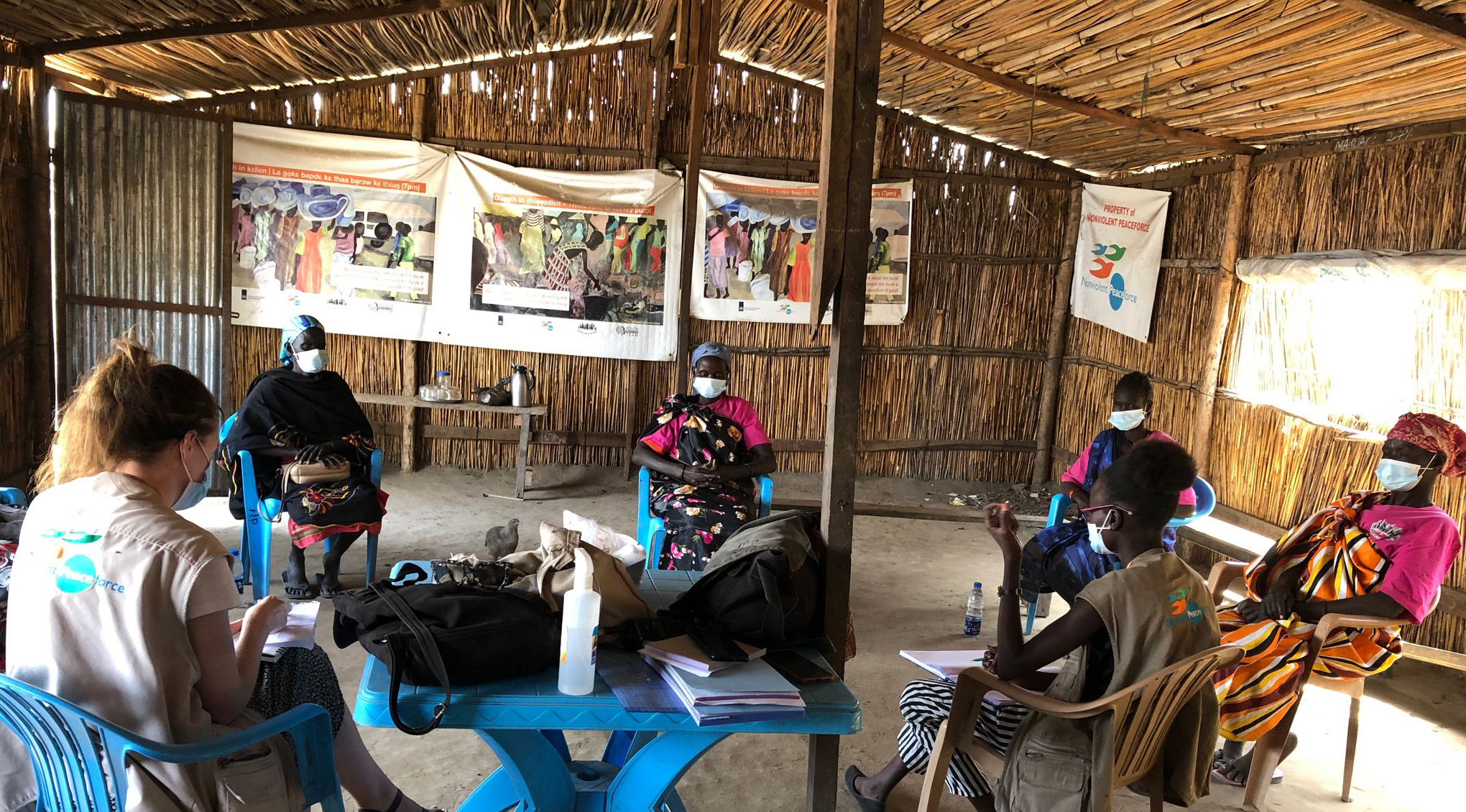There is growing recognition that many of the existential threats the world is facing are rooted in a mechanistic worldview or paradigm. Martin Luther King called this “our thing-oriented civilization.” It is a story of the separation of humans from nature; humans from each other through divisions of class, religion, race, and gender; and of the Self from our integral, interconnected being. It has led us to extract, exterminate and push species, cultures, and communities to extinction while dividing us as a society and alienating us from our humanity. It separates the powerful from the consequences of their actions (Shiva, 2019). The world needs a different story if it is to survive – a story of interdependence, purpose, and sufficiency; a person- and planet-oriented civilization.
Pioneers across the world are working to bring this new story to life. The shift from retributive justice to restorative justice or from industrial agriculture to agroecology is, in essence, a shift from separation to interdependence. It is time for a similar shift in the field of security that relies so heavily on walls and technology, designed to isolate or eliminate threats and allows the privileged few to enjoy their safety in separation from a dehumanized other.
As the practice of Unarmed Civilian Protection (UCP) can contribute to such a shift, we are working to build up UCP as a recognized field of practice rather than simply a tool kit for violence reduction used by some groups. UCP presents a new story of security, a story in which security can be found in greater connectivity with the ‘enemy other.’
Over the last five years, Nonviolent Peaceforce has been working to establish UCP as a field of practice. We have held workshops in Asia, Latin America, Africa, Middle East, North America, and Europe, bringing together local and international practitioners, academics, and policy-makers to identify the common and good practices of this kind of work, the use of active nonviolence to prevent and manage conflict, protect civilians from physical harm and to contribute to building sustainable peace. As a community of practitioners, we are working to strengthen our collective knowledge and articulation of the impact of the existing work and its potential for scale-up. The capstone event series will take place over the next year, culminating in an international conference on UCP to be held in Geneva in 2022.
As a community, we recognize that to foster substantive change, we need to contribute to triggering a paradigm shift that moves us collectively from a default reliance on armed force approaches to civilian-led, unarmed, nonviolent responses to conflict and insecurity. This is no insignificant challenge as the current system of dominant power works on the use of force to achieve a zero-sum solution paradigm. For a systemic change, we must do more than simply implement projects. We are now working on integrating UCP into the broader field of civilian protection. This requires an integrated approach of policy, advocacy, program implementation, education and research. We strive to move beyond our own organizational work to enable UCP practitioners to develop into an intersectional coalition of nonviolent movements such as planet protection, restorative justice and alternative economics.
The most powerful opportunity we have is to unite these separate stories to be woven together into a roadmap that can guide a global community in meeting its existential threats with courageous compassion.


